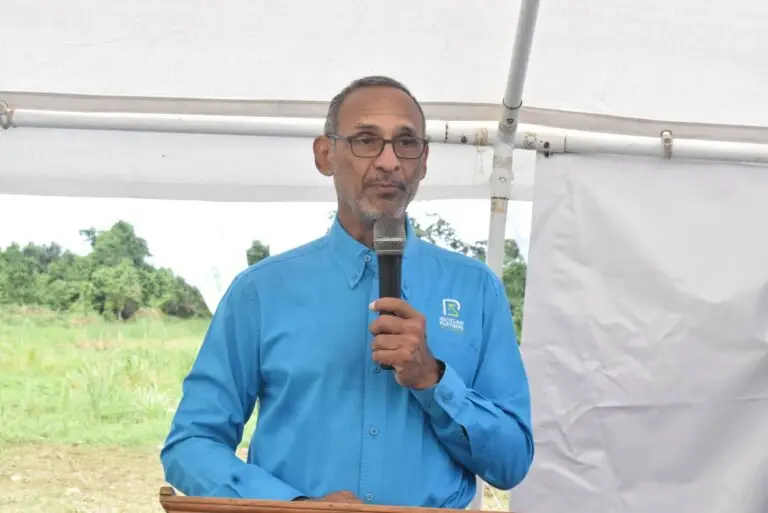KINGSTON, Jamaica—Jamaica is at a crossroads in the battle against plastic pollution. While recycling efforts have gained momentum in recent years, discarded plastic bottles still clog drains, litter streets, and wash up on the country’s once-pristine shores. With Global Recycling Day approaching, environmental advocates are calling for a shift—not just in waste disposal habits, but in the way Jamaicans think about plastic itself.
Recycling Partners of Jamaica (RPJ), the country’s leading force in plastic recovery, is ramping up its efforts with a renewed push for community participation. Their latest campaign aims to not only collect plastic waste but challenge the mindset that treats plastic as disposable rather than a resource.
“Recycling isn’t just about cleaning up the environment—it’s an economic opportunity,” said RPJ Chairman Dr. Damien King. “If we rethink how we use plastic, we can turn waste into something valuable instead of letting it choke our cities and coastlines.”
The upcoming awareness drive will highlight how plastic recovery can generate jobs, reduce flooding risks, and support sustainability goals. RPJ is also working with corporate partners to promote large-scale plastic separation efforts, rewarding businesses that take measurable steps toward reducing their environmental footprint.
Despite growing awareness, Jamaica’s recycling rate still falls short of its 50% recovery target for 2025. According to data from the United Nations Conference on Trade and Development, plastic bottles make up 15% of the country’s total plastic waste—a statistic that underscores the urgency for action.
Environmentalists stress that recycling alone won’t solve Jamaica’s plastic crisis. They argue that the country must invest in alternatives, improve waste collection systems, and enforce stricter regulations on plastic production and usage.
As Global Recycling Day approaches, the question remains: Will Jamaica rise to the challenge and reshape its relationship with plastic, or will pollution continue to outpace progress? The answer lies in the hands of policymakers, businesses, and everyday citizens willing to make a change.






